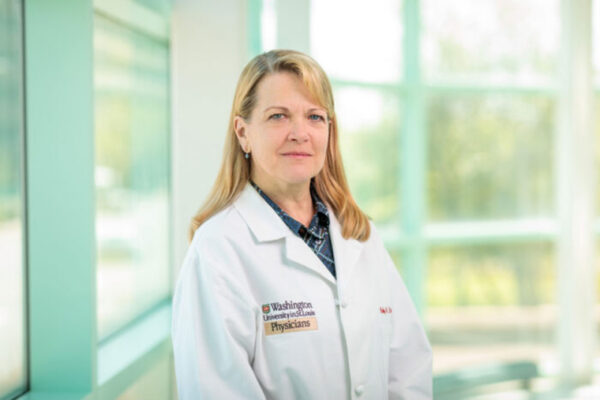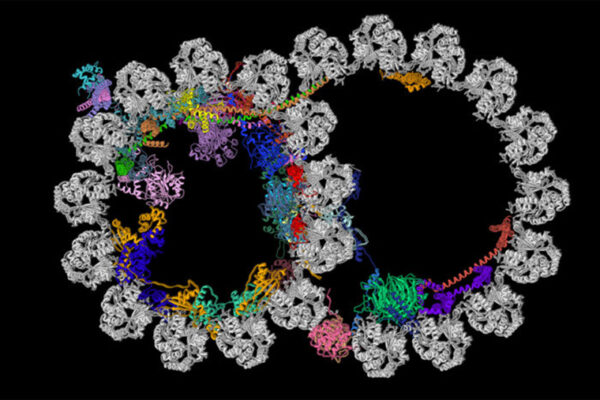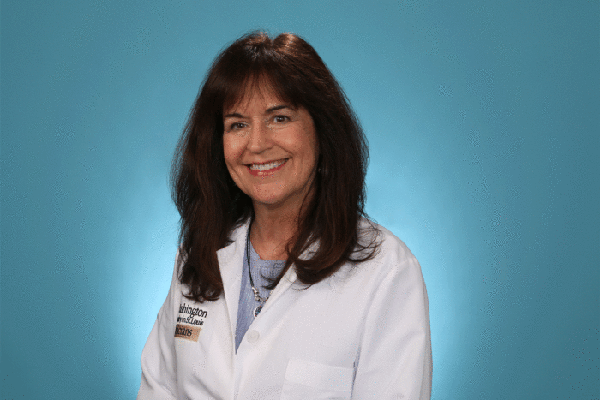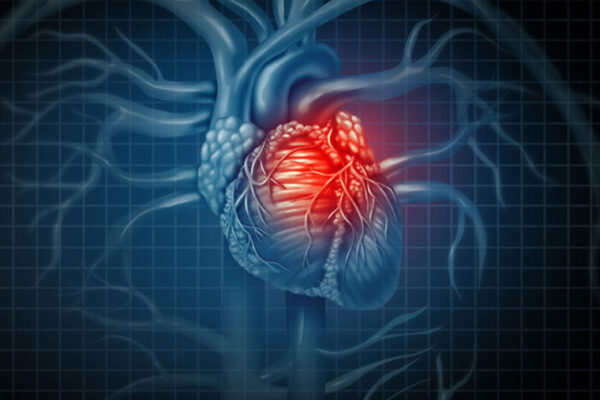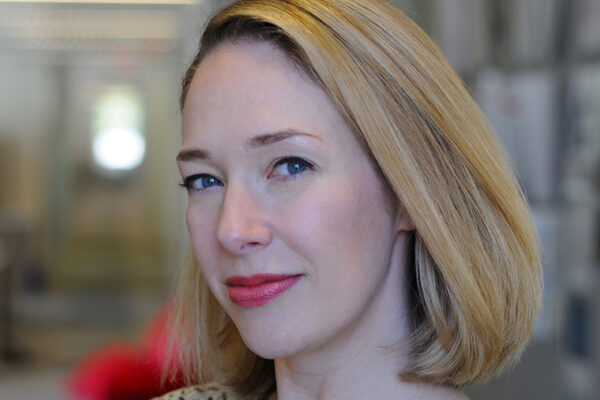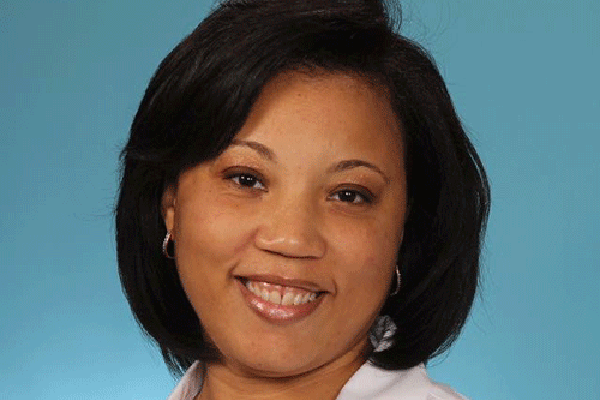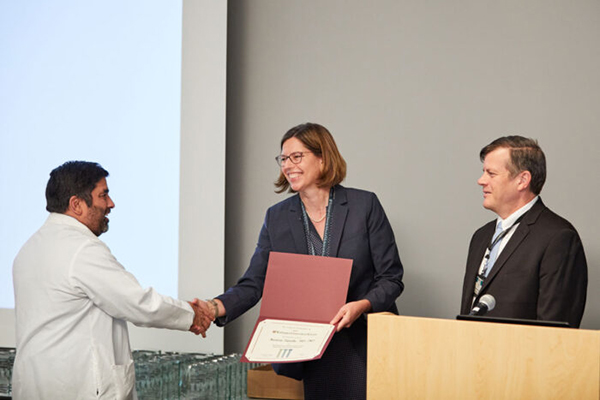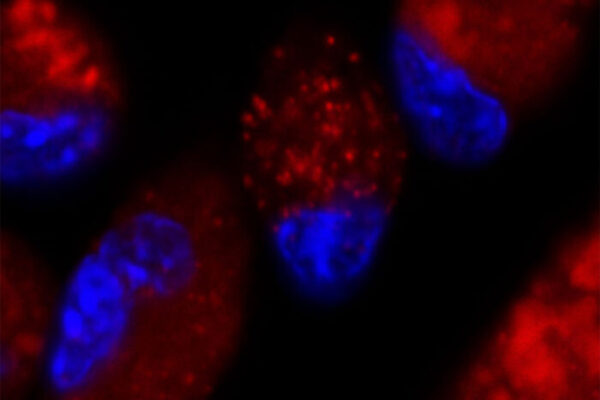Big Ideas competition open
The School of Medicine’s Institute for Informatics and BJC Healthcare’s Healthcare Innovation Lab are again holding the Big Ideas competition. Letters of intent are due Dec. 13.
Brain imaging of babies with Down syndrome focus of $11.5 million grant
School of Medicine researchers have received an $11.5 million grant to lead a multicenter effort to understand how brain development in babies with Down syndrome differs from that in other babies. The effort will provide a foundation that may lead to therapies to counter developmental delays in children with the condition.
Scientists unravel mysteries of cells’ whiplike extensions
Scientists at the School of Medicine and Harvard have revealed the first detailed look at the inner structure of cilia. Cilia perform diverse tasks required to keep the body healthy, but when these whiplike appendages on cells malfunction, the consequences can be devastating.
Kendall named director of allergy and immunology division
Peggy Kendall, MD, has been named director of the Division of Allergy and Immunology in the Department of Medicine at Washington University School of Medicine in St. Louis. She joined the university from Vanderbilt University School of Medicine.
Heart pump devices associated with complications in some patients
In critically ill patients who require a heart pump to support blood circulation as part of stent procedures, specific heart pumps have been associated with serious complications, according to a study led by the School of Medicine.
Abraham honored by medical informatics association
Joanna Abraham, assistant professor in the Department of Anesthesiology and the Institute for Informatics at Washington University School of Medicine, will receive the 2019 New Investigator Award from the American Medical Informatics Association.
Morris named 2019 Allen Distinguished Investigator
Samantha A. Morris, assistant professor of developmental biology and of genetics at Washington University School of Medicine, has been named a 2019 Allen Distinguished Investigator by The Paul G. Allen Frontiers Group, a division of the Allen Institute. Morris is one of five investigators in the U.S. to be honored by the Allen Institute this year.
Carter works on report to improve children’s health
Ebony Carter, MD, assistant professor of obstetrics and gynecology at the School of Medicine, helped develop a recent report released by the National Academies of Sciences, Engineering, and Medicine.
Academy of Educators introduces inaugural class
The Academy of Educators at the School of Medicine introduced its inaugural class Tuesday, Sept. 24, in a ceremony at the Eric P. Newman Education Center. Also that day, the academy celebrated the graduation of the first class selected to the Teaching Scholars Program.
New clues found to help protect heart from damage after heart attack
School of Medicine scientists have found a way to spur heart immune cells to promote healing after a heart attack or other cardiac injury. Such a strategy could help prevent the usual inflammation that follows a heart attack and is a common driver of heart failure.
View More Stories

